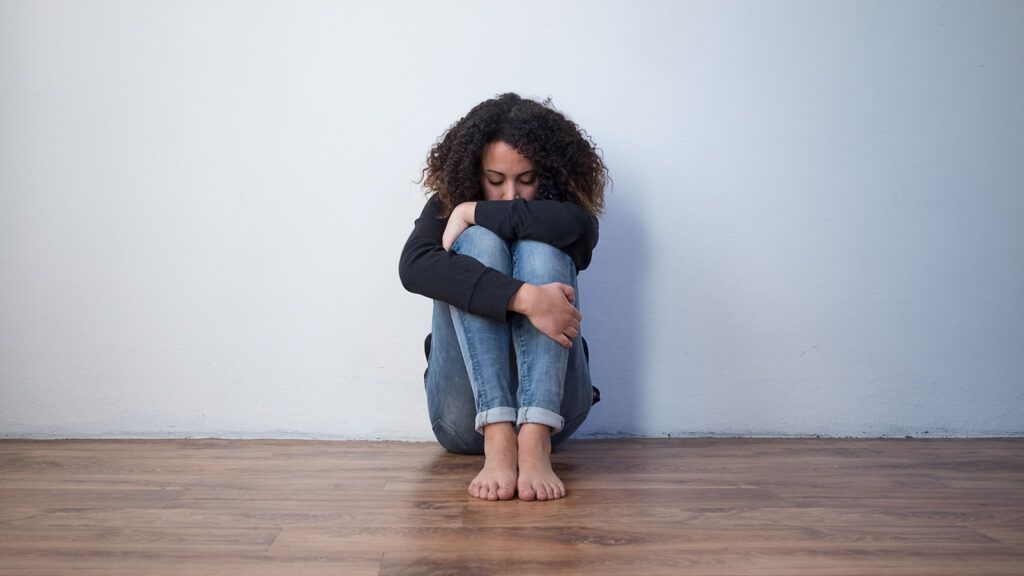When someone dies, there is a typical sequence of events that most people go through. There’s the death itself, the news of which is either delivered by shock-inducing phone call or is mournfully anticipated by loved ones gathered in a hospital room or around a home hospice bed.
There’s the whirlwind of a funeral or other celebration of the person’s life. There’s the time spent with friends and family, the deliveries of food and the sharing of memories, laughter and tears.
Those are the rituals of mourning, mostly centered on the profound power of being together—and anyone going through a loss during the coronavirus pandemic knows that those rituals aren’t available to us right now.
Grief is a long process, famously associated with multiple stages. That has not changed in the time of coronavirus, but the way we grieve and mourn will, in the short term, need to take a new shape.
Here are some ideas for how offer support to a grieving loved one—even when you can’t be physically present with them:
- Write and mail a letter of condolence.
- Arrange for a meal to be delivered by a local business that is following coronavirus safety protocols.
- Share photos and memories that you associate with the person who has died.
- Text or email simple messages of support, like “Sending love” or “Thinking of you.”
If you are grieving a loss yourself, here are some things to keep in mind to cultivate some self-compassion:
- Recognize that this is not a normal time to be going through these feelings.
- Allow yourself to feel distant from your grief at first—process this experience in your own time.
- Acknowledge that your loss is one grief among others—the entire pandemic has us in a state of collective grief over the loss of social connections, routines and more.
- Seek out sources of comfort—either expressly having to do with your grief, like starting a daily journal, or completely unrelated, like returning to a favorite book or movie.
- Receive the love and support others are offering.
- Pray, meditate or otherwise turn to whatever spiritual practice sustains you.
Most importantly, know that whatever you are going through, you are not alone.







